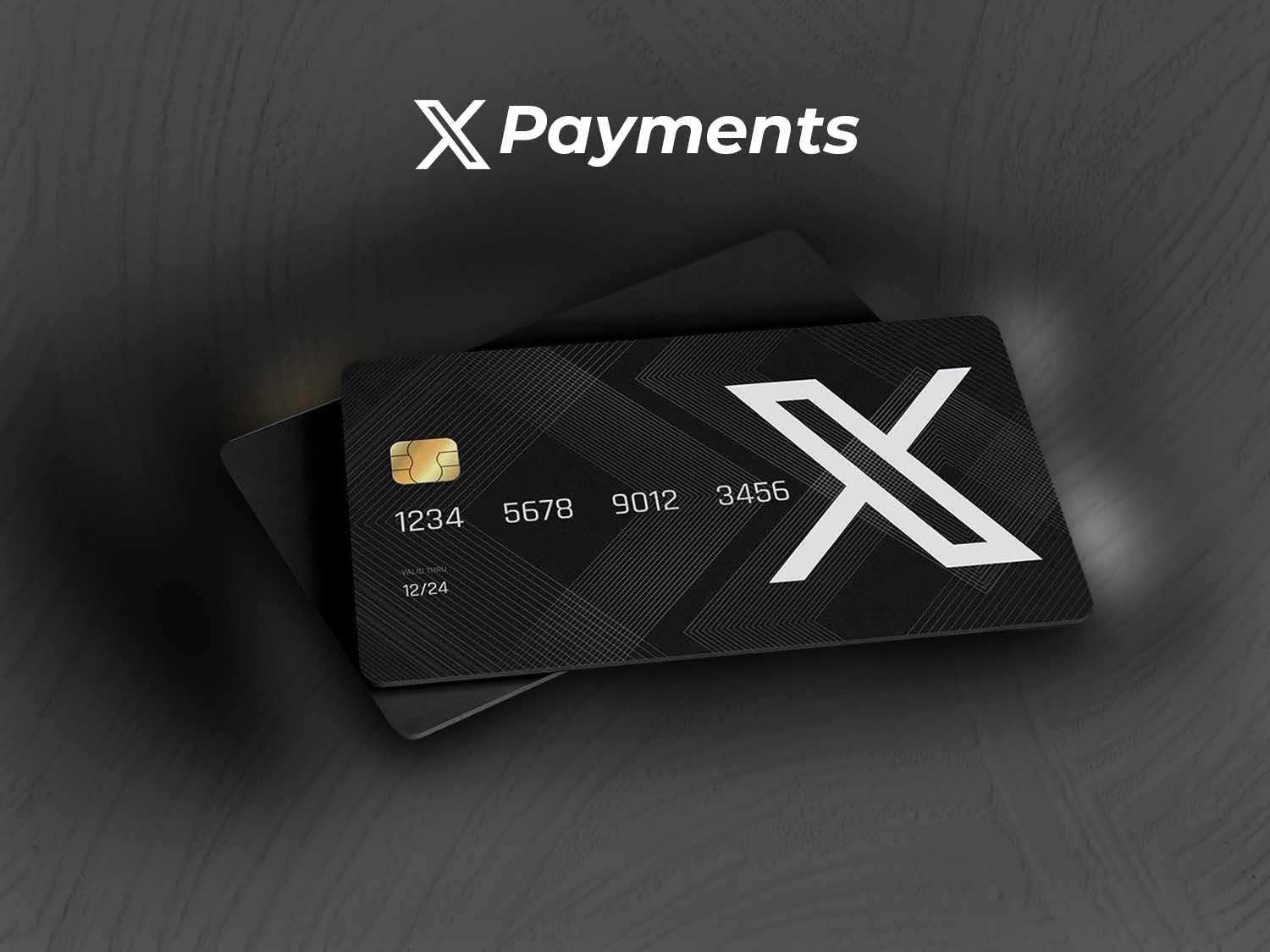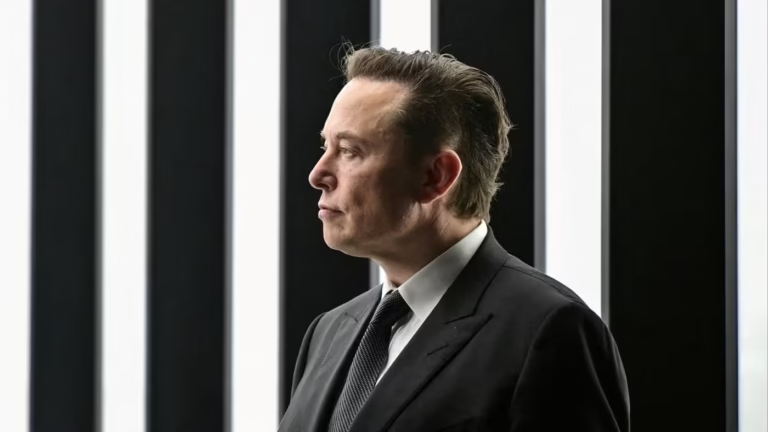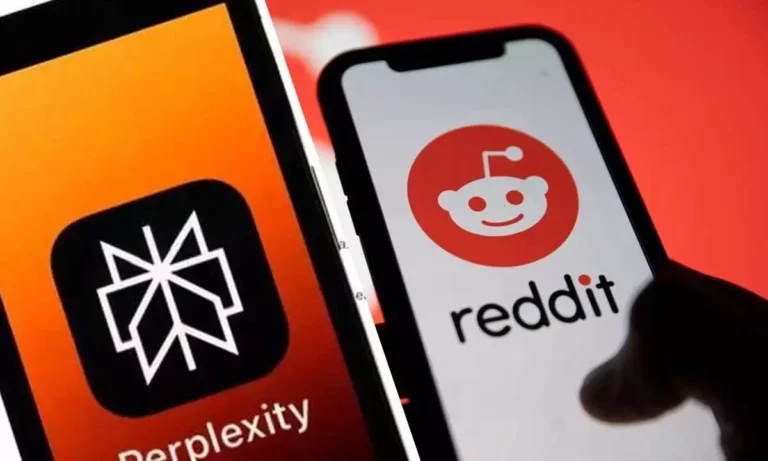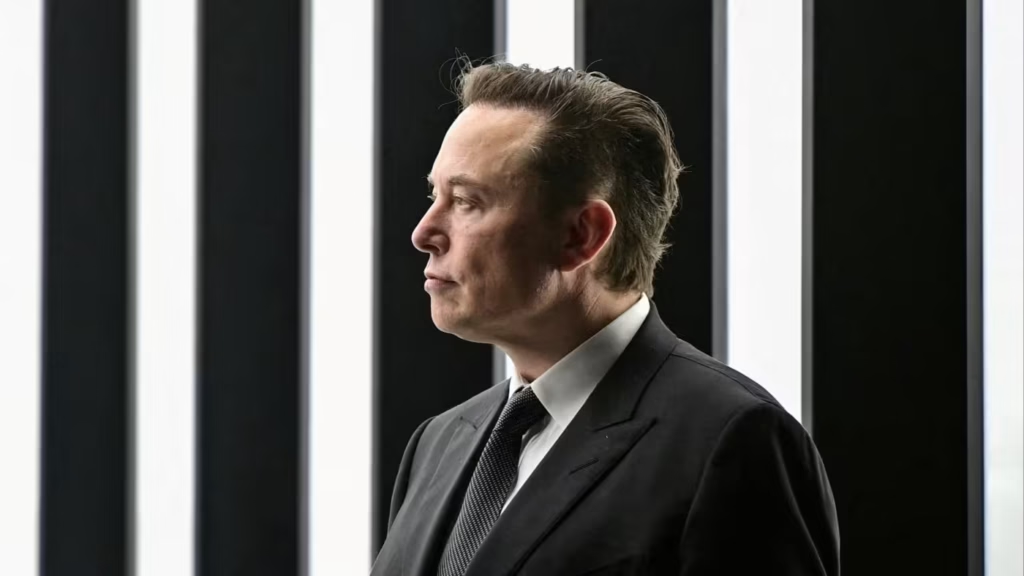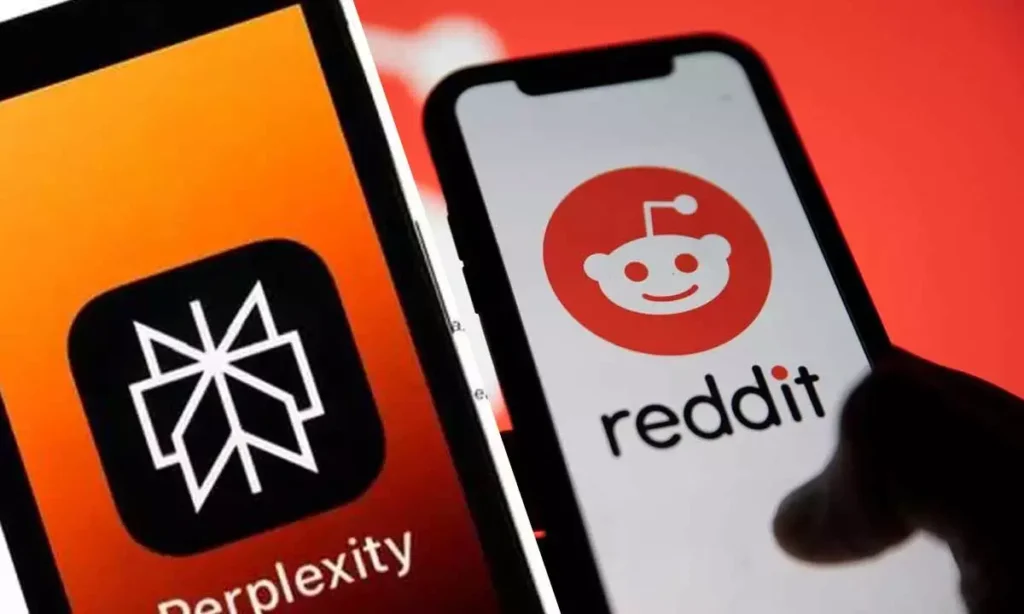Elon Musk has long envisioned X (formerly Twitter) transforming into an “everything app”—a digital powerhouse encompassing social media, commerce, and financial services. Central to this grand ambition is the X Payments Future, a move that signals a direct challenge to established giants like PayPal, a company Musk himself co-founded. While a full-scale crypto payment rollout isn’t yet widespread on X in July 2025, the platform’s strategic acquisitions of Money Transmitter Licenses (MTLs) across the U.S. and ongoing developments indicate a clear path toward becoming a significant player in the digital finance arena. This tech shift sparks intense debate on decentralization, transaction fees, and the very nature of online commerce.
Elon Musk’s Vision for X Payments Future
The drive towards an integrated financial system on X is undeniable. Elon Musk’s strategic acquisitions of Money Transmitter Licenses (MTLs) across numerous U.S. states are foundational steps. These licenses permit X to offer financial services, including money transfers and, eventually, potentially broader payment functionalities. This lays the groundwork for the comprehensive X Payments Future that Musk frequently discusses. His vision extends beyond simple peer-to-peer transactions; he aims for X to handle everything from sending money globally to potentially integrating crypto payments and even offering traditional banking services.
This ambitious roadmap positions X as a direct competitor to long-standing payment platforms. The goal is to create a seamless, one-stop financial hub within the social media platform. While a dedicated “XPay” crypto payment system is not universally launched across X’s user base as of July 2025, the underlying infrastructure is being steadily built. This move reflects a broader trend of social platforms diversifying into financial services, aiming to capture more user engagement and revenue streams.
Will X Payments Future Challenge PayPal?
The rivalry between Elon Musk’s current ventures and his former brainchild, PayPal, is a narrative that continually fascinates the tech world. PayPal has long dominated online payments, particularly for small businesses and e-commerce. However, the emerging X Payments Future presents a formidable challenger. Musk’s stated goal of making X financially efficient and user-friendly often implies lower fees and greater flexibility, particularly with the potential for crypto integration.
While specific, widespread X crypto payment fee structures for general use are still in development, the expectation is that X would aim to undercut traditional payment processors. PayPal’s standard merchant fees, for instance, typically involve a percentage (around 3.49%) plus a fixed fee per transaction. Should X successfully leverage blockchain technology for payments, it could theoretically offer lower transaction costs due to fewer intermediaries. For small businesses, even marginal differences in fees can significantly impact profitability, making the potential for an X Payments Future a compelling alternative.
Crypto Integration: A Key to X Payments Future?
Elon Musk’s vocal support for cryptocurrencies, particularly Dogecoin and Bitcoin, suggests that crypto integration will be a cornerstone of the X Payments Future. While the exact form this integration will take is still unfolding, the presence of Web3 wallet projects (like the referenced XPay Wallet Web3 for StartupX, which supports tokens like USDT) indicates a strong lean towards digital assets. The allure of crypto payments lies in their potential for lower fees, faster cross-border transactions, and increased decentralization.
However, integrating crypto on a mainstream platform like X comes with its own set of challenges, including regulatory hurdles, volatility, and user adoption. X’s strategy seems to be a measured one: first establish robust fiat payment rails via MTLs, then gradually introduce crypto functionalities as regulations and user familiarity evolve. This gradual approach could allow X to capitalize on the benefits of crypto while mitigating some of the associated risks, slowly nudging its massive user base towards digital asset transactions.
Opportunities and Obstacles for X
The X Payments Future presents both immense opportunities and significant obstacles. On the opportunity side, X boasts a massive global user base, a strong brand (albeit controversial), and a leader known for disruption. Integrating payments directly into the platform could create a “super app” experience, boosting engagement and opening new revenue streams from advertising to commerce. For small businesses and content creators on X, streamlined payment processing could offer unprecedented ease and potentially lower costs.
However, the path is fraught with challenges. Regulatory complexities differ vastly across jurisdictions, particularly for crypto. User trust, crucial for financial services, must be carefully cultivated given X’s recent turbulent history. Competing with entrenched players like PayPal, Stripe, and Apple Pay requires massive investment in infrastructure, security, and customer service. Additionally, the inherent volatility of many cryptocurrencies makes them challenging for everyday transactions for many users and businesses. Successfully navigating these obstacles will determine whether X truly redefines the digital payments landscape.
Conclusion: The X Payments Future represents a bold new chapter in Elon Musk’s ambition for his “everything app.” While a comprehensive crypto payment rollout across X is still in development, the foundational steps, including securing crucial licenses, are clearly underway. This strategic move aims to position X as a formidable competitor to established payment giants like PayPal, potentially offering lower fees and embracing decentralization through crypto. The success of this venture hinges on overcoming significant regulatory hurdles, building user trust, and seamlessly integrating innovative payment solutions. As X continues its evolution, its impact on how we transact online, especially with digital currencies, promises to be one of the most compelling stories in tech.
For more news and updates, please visit PFM Today.

